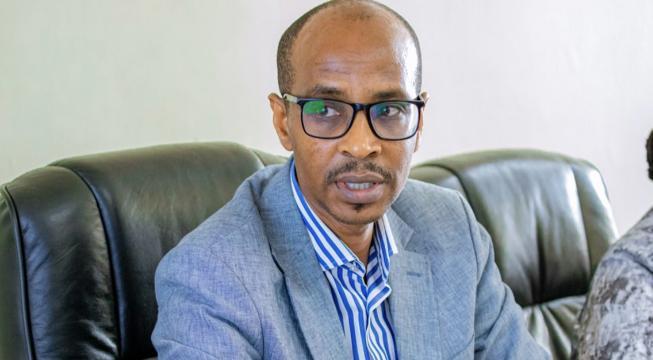Africa-Press – Rwanda. The Higher Education Council (HEC) has announced plans to complete the digitisation of its equivalence issuance process by the end of 2025 as part of the ongoing development of the Higher Education Council Management Information System (HECMIS). The move aims to eliminate persistent delays in issuance of academic qualification equivalences for students who studied abroad.
HEC Director-General Edward Kadozi revealed the development on July 29 while appearing before the parliamentary Committee on Education, Technology, Culture, Sports, and Youth to address concerns raised in the Auditor General’s report.
“We are in the process of building HECMIS, which is a comprehensive system. However, the equivalence component will be completed before the end of this year, allowing us to migrate from the current manual process to a fully digital one,” Kadozi said.
He explained that the existing manual process is prone to inefficiencies, risks, and prolonged delays that can stretch for many months. With the new system, he noted, the maximum turnaround time is expected to drop to for straightforward cases.
“Previously, requirements were not always clear, and there were unnecessary conditions, such as requesting travel tickets. These will be removed in the new system. We are also working on guidelines under the Rwanda Qualifications Framework, and once the system is live, citizens will receive clear instructions on how to request equivalence certificates,” Kadozi added.
MP Emma Furaha Rubagumya, who chairs house committee, said the session was intended to address long-standing challenges in HEC’s accreditation and equivalence processes.
“Some applicants lack the required documents, while in other cases, HEC struggles to obtain verification from foreign universities or national higher education councils. These delays frustrate applicants,” Rubagumya said.
She stressed that while digitisation will enhance efficiency, applicants must still meet all requirements set under Rwanda’s education framework. “We suggested that people apply for equivalence as soon as they return from their studies abroad so that they can easily obtain the necessary documents from their universities,” she added.
Kadozi emphasised that one of the biggest challenges affecting the issuance of equivalence certificates has been verifying the authenticity of foreign degrees and diplomas and ascertaining that the foreign universities institutions are accredited.
He said that HEC encountered cases where people forged documents or studied at unaccredited institutions.
“When we reach out to foreign universities or higher education councils for confirmation, some fail to respond because it could expose weaknesses in their education systems. Unfortunately, this makes it appear as though HEC is the one delaying the process,” the official said.
He also noted that some professionals, including doctors, had been found practicing in Rwanda with questionable qualifications. “To prevent this, the new system will leverage technology to streamline verification and enhance accountability,” Kadozi said.
Once operational, HECMIS is expected to not only improve transparency but also provide applicants with user-friendly guidance on how to apply for equivalence and meet all requirements.
For More News And Analysis About Rwanda Follow Africa-Press






